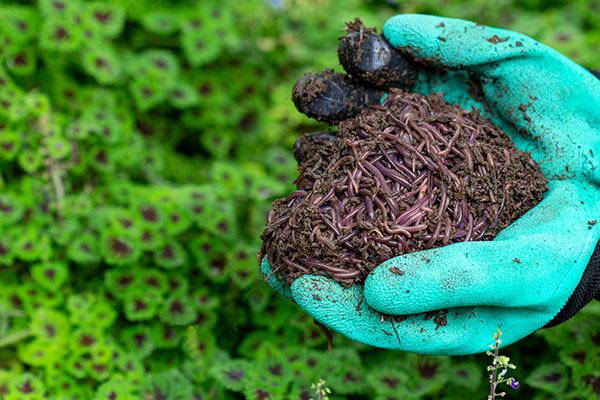
Dr. Yiping Han, one of the researchers of the study and a professor at Columbia University’s College of Dental Medicine, reported that it may be harder to treat people with colon cancer if they have poor oral health. This may also explain why some cases develop quicker than others.
Colon cancer is the second leading cause of death by cancer in the U.S. It develops due to the mutation of tumors, as well as other factors, including microbes. (Related: One in seven colon cancer cases now diagnosed in people under age 50.)
In a previous study, Han and his team found that Fusobacterium nucleatum, a common oral bacterium that plays a role in the accumulation of dental plaque, makes a molecule called FadA adhesin, which triggers a signaling pathway in colon cells that has been linked to several cancers.
F. nucleatum is associated with one-third of colon cancers, which are often the most aggressive. They also discovered that FadA adhesin only triggers the growth of cancerous cells and not healthy cells.
In their current study, the researchers determined how F. nucleatum bacteria boost the growth of colon cancer and why they only interacted with cancer cells. They found that in cell cultures, healthy colon cells lack a protein called Annexin A1, which stimulates cancer growth.
They then confirmed – both in vitro and in vivo tests using mice – that disabling Annexin A1 inhibited F. nucleatum from binding to the cancer cells, which slowed their growth. In addition, the team found that F. nucleatum boosted the production of Annexin A1, which attracted more of the bacteria.
"We propose a two-hit model, where genetic mutations are the first hit. F. nucleatum serves as the second hit, accelerating the cancer signaling pathway and speeding tumor growth," said Han.
After that, they examined an RNA-sequencing data set from the National Center for Biotechnology Information that included 466 patients with primary colon cancer. They found that those with increased Annexin A1 expression had a worse prognosis, regardless of the cancer grade and stage, age, or sex.
Han and his team are now looking for ways to develop Annexin A1 as a biomarker for other aggressive cancers and as a possible target for developing new treatments for colon and other forms of cancer.
Inhibiting the growth of F. nucleatum
A study published in the journal Scientific Reports found that certain compounds in green and black tea can prevent the growth of F. nucleatum and reduce their virulence properties. In this study, researchers from Laval University in Quebec looked at the effects of green tea and black tea extracts, as well as two of their bioactive compounds epigallocatechin gallate (EGCG) and theaflavins, on the growth and virulence properties of F. nucleatum.
They found that the tea extracts and compounds exhibited antibacterial activity against F. nucleatum. They also inhibited biofilm formation by the bacteria. In a pre-formed F. nucleatum biofilm, treatment with green tea extract and EGCG reduced biofilm viability. The green and black tea extracts, EGCG, and theaflavins also reduced the bacteria’s adherence to oral epithelial cells and matrix proteins.
From these findings, the researchers concluded that tea polyphenols may potentially be used for the treatment of F. nucleatum-related health issues like periodontal disease.
Sources include:
Please contact us for more information.























